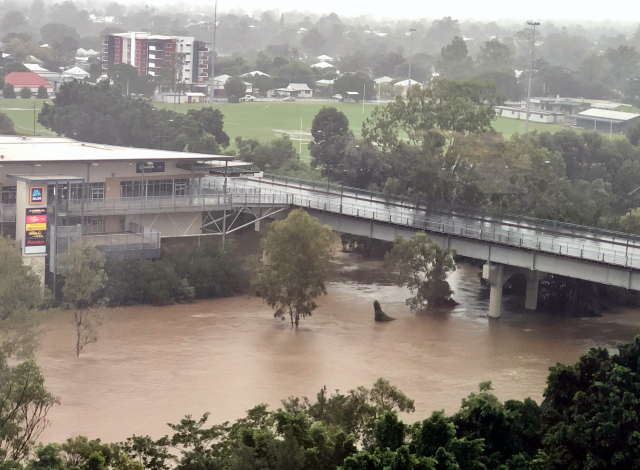Digital Edition
Subscribe
Get an all ACCESS PASS to the News and your Digital Edition with an online subscription
Child safety hearings head to Toowoomba
The first public hearings in 2026 for the Commission of Inquiry into Child Safety will be held next month in Toowoomba.
The public hearing...









